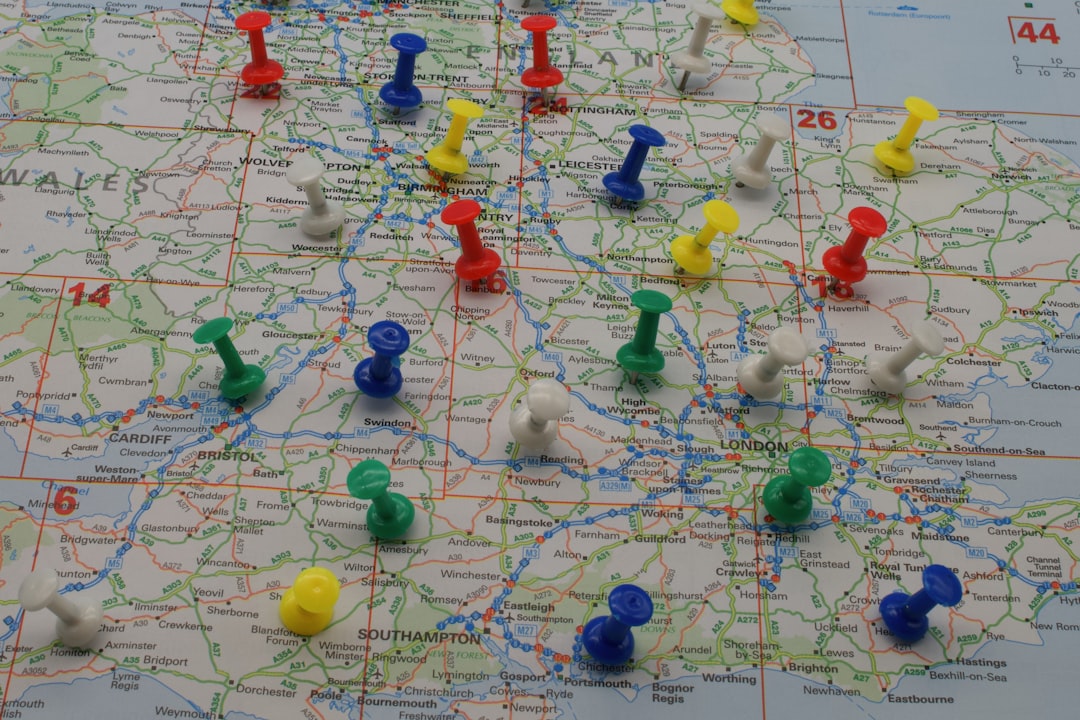In the world of sports betting, odds serve as not only reflections of expected outcomes but also as benchmarks for assessing probability. The term “Tỷ lệ cá cược” — Vietnamese for betting odds — plays a critical role in determining how bookmakers and bettors assess match outcomes. At the same time, the concept of market efficiency explores whether these odds represent true, unbiased estimates of the actual probabilities. The question remains: are betting odds always accurate, or can they be beaten?
Understanding Betting Odds and Market Efficiency
To understand whether odds are accurate indicators of outcomes, it is essential to first grasp how they are formed.
- Bookmakers compile odds using statistical models, historical data, and expert insight.
- Market efficiency implies that once the odds are published, public betting behavior adjusts them to near-perfect levels, incorporating all available data and sentiment.
If the market is indeed efficient, then consistently beating the bookmakers should be virtually impossible in the long run. This notion resembles the Efficient Market Hypothesis (EMH) found in financial markets, which states that asset prices reflect all available information at any given time.

Are Betting Odds a True Representation?
While odds might offer insight into likely outcomes, they do not always mirror pure probability due to a variety of factors:
- Vigorish or the “Overround”: Bookmakers include a small margin in the odds to ensure profits, known as the ‘vig’. This can slightly distort the implied probabilities.
- Public Bias: The general public may bet emotionally, strongly favoring popular teams or athletes. Bookmakers adjust odds accordingly to balance exposure, not necessarily to reflect fair probabilities.
- Information Asymmetry: On occasion, sharp bettors might capitalize on information not yet fully priced into the odds, indicating that temporary inefficiencies still exist.
It’s evident that while odds aim to reflect real-world probabilities, external forces sometimes distort their accuracy, at least temporarily.
Evidence From Academic Research
Numerous studies have examined the efficiency of sports betting markets. A landmark study by Levitt (2004) found that bookmakers strategically shade lines to exploit bettor biases. More recent data analytics also suggest that certain niche markets — such as lower-tier leagues — may have inefficiencies due to a lack of available data or smaller betting volumes.
However, the majority of mainstream betting markets, such as major football leagues or tennis tournaments, appear fairly efficient. In these markets, after accounting for the bookmaker’s margin, it becomes incredibly difficult to find long-term profitable edges without sophisticated models or insider information.

Are Inefficiencies Exploitable?
Although some inefficiencies may exist, they are often subtle and difficult to exploit. Professional bettors, often referred to as “sharps,” rely on a range of strategies to find value:
- Line shopping: Comparing odds from multiple bookmakers to find the best price.
- Model-based betting: Using custom statistical models to predict outcomes independently of the market.
- Situational betting: Targeting events where the public perception strongly diverges from statistical reality, such as rivalry games or weather-impacted matches.
For the average bettor, these strategies require significant time, capital, and skill. Moreover, once an inefficiency becomes well-known, it tends to vanish quickly as the market corrects itself, reinforcing the principle of semi-strong efficiency.
Conclusion: Are Odds Always Accurate?
No, betting odds are not inherently perfect reflections of true probabilities, but in most well-trafficked markets, they come impressively close. The notion of market efficiency in sports betting explains why consistently profiting without a strategy or edge is nearly impossible.
That said, small margins of inefficiency do occasionally arise and can be identified by diligent and educated bettors. Understanding the underlying principles of betting odds and their limitations is the first step toward making smarter, more informed betting decisions.
In betting — as in the financial world — knowledge is power. Recognizing that odds reflect more than just statistical likelihoods, but also human behavior and bookmaker motives, can put savvy bettors one step ahead.
